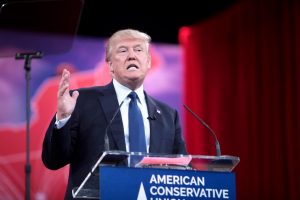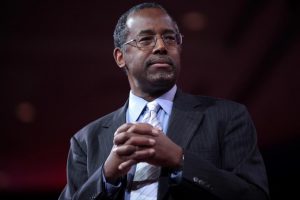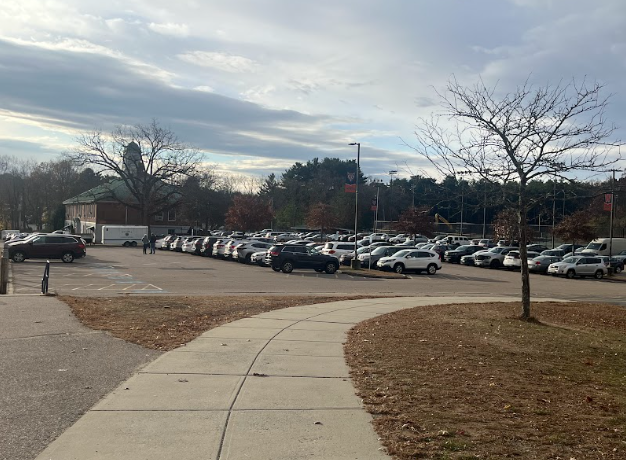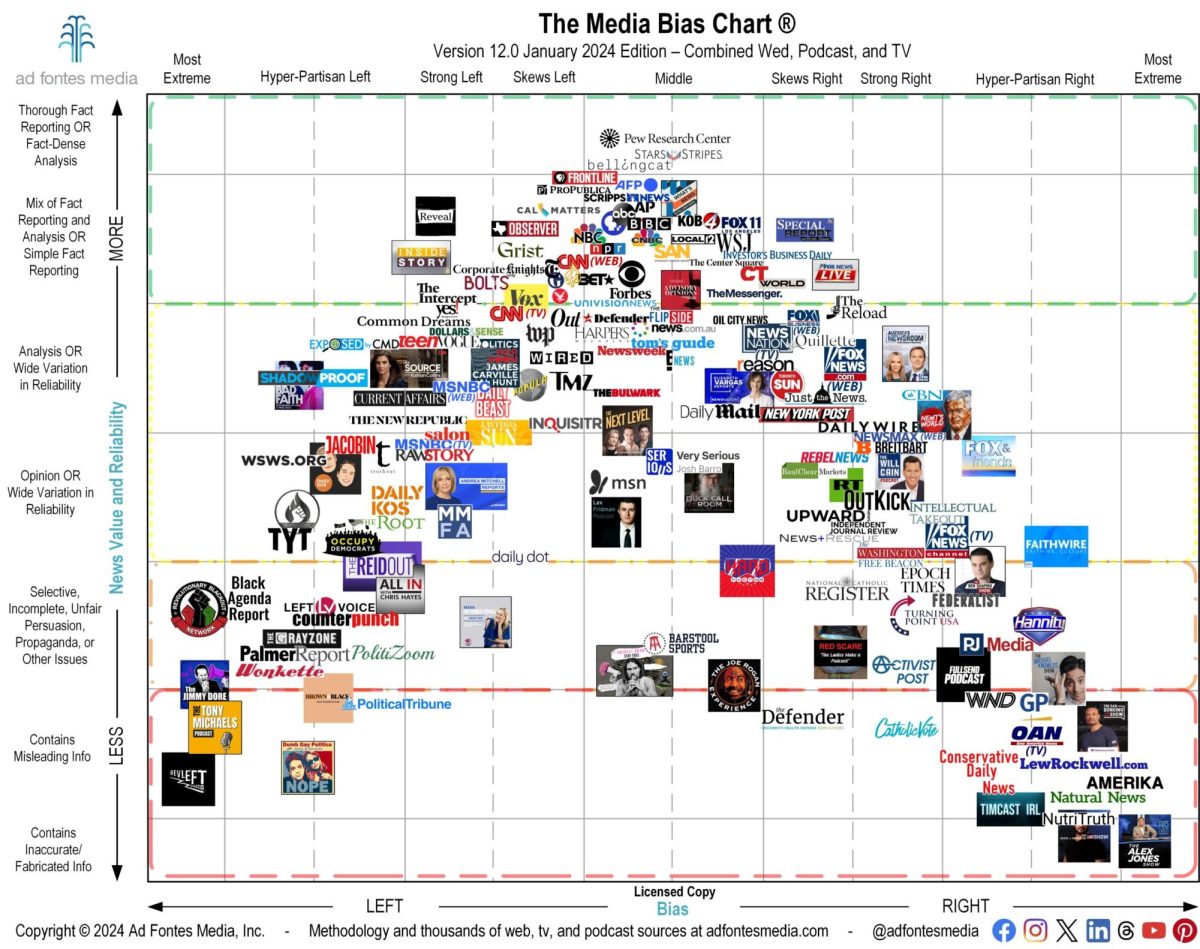
 In recent years, frustration in the American political process has peaked with the two least productive congresses in the nation’s history, which are already responsible for one government shutdown and threatening to cause another over Planned Parenthood. As an attempt to distance themselves from this defunct system mired in conflict, the American public has looked to more unpolished politicians who speak their minds, regardless of whom they may be offending. However, this abandonment of political correctness only serves to add to the political turmoil the country faces in the 2016 campaign season.
In recent years, frustration in the American political process has peaked with the two least productive congresses in the nation’s history, which are already responsible for one government shutdown and threatening to cause another over Planned Parenthood. As an attempt to distance themselves from this defunct system mired in conflict, the American public has looked to more unpolished politicians who speak their minds, regardless of whom they may be offending. However, this abandonment of political correctness only serves to add to the political turmoil the country faces in the 2016 campaign season.
Donald Trump—a strong proponent of speaking his mind using whatever colorful language he deems necessary—continues to improve in the polls with each offensive comment he makes. Following his call for a travel ban on Muslims entering the United States, Trump supporters praised his willingness to tell it like it is, and he subsequently improved to 41% in the national poll, a 27 point lead over his closest competitor, Ted Cruz. Blaming political correctness for recent terrorist attacks has allowed Trump to spread his message of hate without facing any significant negative consequences and to assert his belief that neither he nor this country has “time for total political correctness,” as if having to recognize other people’s humanity is too much of an inconvenience for him.
However, Trump is not the only offender. Ben Carson, Trump’s more mumbly opponent, has compared Syrian refugees to “rabid dogs.” Regardless of the idea he was trying to express through this analogy, his rhetoric was intended to monger fear and to excite Americans against a perceived other. Carson argues that political correctness’ “most powerful tool is intimidation,” yet by dismissing political correctness, he intimidates American minority groups into conformity.
During the Dec. 16 Republican debate, discussion revolved around the growing terrorism threat the U.S. faces. Most notably, Cruz argued that the FBI’s failure to monitor the San Bernardino terrorist’s Facebook page because “the Obama Department of Homeland Security thought it would be inappropriate” and allowed the shooting to happen, but FBI Director James Comey confirmed that she never openly supported jihadists on social media. Cruz’s condemnation of political correctness is poorly supported and represents a widening acceptance of xenophobia.
Cruz also quoted FDR’s grandfather: “‘All horse-thieves are Democrats, but not all Democrats are horse-thieves.’” This parallel suggests that not all Muslims are terrorists, but all terrorists are Muslims, which is ultimately untrue, and serves only to increase the Islamophobia running rampant. Moreover, Cruz vividly described his plan for defeating ISIS and suggests that under his leadership, the U.S. would carpet bomb them until the desert glows. He, like Trump, does not care who he offends, and willingly discriminates against an entire religious group in the name of national security.
Politicians have also used the anti-political correctness sentiment to alter the truth to support whichever assertions they want to make. Most notably, Trump concocted a story in which he argued that some Muslim Americans were celebrating in the streets of New Jersey on 9/11, but there has not been any evidence to support this claim (besides Trump’s own firsthand account). Condoning a candidate’s insensitive remarks increasingly enables them to distance themselves from the truth until they feel comfortable enough to lie under the facade of brutal honesty.
Despite the presidential candidate’s ignorant comments, there remains an inkling of hope. In the wake of Trump’s proposed Muslim ban and the onslaught of discriminatory comments, many Americans and politicians have united against these hate messages. Hillary Clinton has used the the ignorance of many of the candidates on her right to appeal to Muslim Americans and calls for a leader who “will stand up against hateful speech.”
The movement against political correctness seems to be a movement towards religious intoleration, a justification for public hate, a tool for keeping the oppressed down. Americans—especially politicians—consistently praise the United States as a nation built on immigrants, but still anti-immigrant sentiment continues to grow.
Therefore, at this pivotal movement, Americans need to recognize the danger of following these demagogues’ message of hate and discrimination and work to create a more tolerant America.














